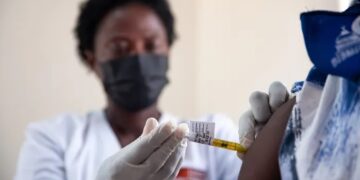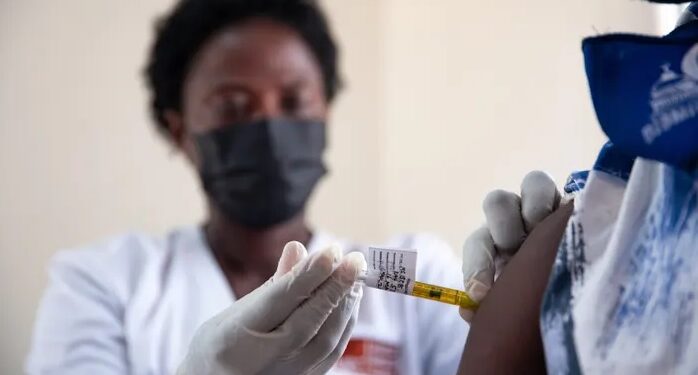By John Ikani
A large-scale HIV vaccine trial conducted across Eastern and Southern Africa has concluded without success.
The PrEPVacc trial, encompassing Tanzania, Uganda, and South Africa, failed to prove the efficacy of two experimental vaccine regimens in preventing HIV infections among 1,512 high-risk adults.
The development is particularly disheartening for Tanzania, a country grappling with a significant HIV burden. Mbeya and Dar es Salaam were among the trial sites, alongside Masaka in Uganda and Durban in South Africa.
The study participants were healthy adults aged between 18 and 40, exhibiting high-risk behaviors. Notably, 87 percent of participants were women.
Prof Pontiano Kaleebu, the trial’s chief investigator, expressed disappointment at the outcome but emphasized the importance of continued research.
“The results have been surprising and disappointing as well. But that is science,” he said. Dr Eugene Ruzagira, the trial director, announced the termination of vaccinations in November 2023 due to the vaccines’ apparent ineffectiveness.
While the vaccine efforts proved unsuccessful, the trial yielded positive findings in other areas. Risk reduction counselling and existing HIV prevention tools demonstrated effectiveness in reducing new infections within the study communities.
The PrEPVacc trial compared two vaccine combinations against a placebo. Both regimens failed to show protective benefits. Prof Sheena McCormack, the project lead, expressed surprise at the imbalance in infections between the vaccine and placebo groups. The reasons for this discrepancy remain unclear.
Despite the disappointing vaccine results, the overall low number of infections in the trial is encouraging. Researchers will continue to monitor participants and gather more data to understand the unexpected findings.




































